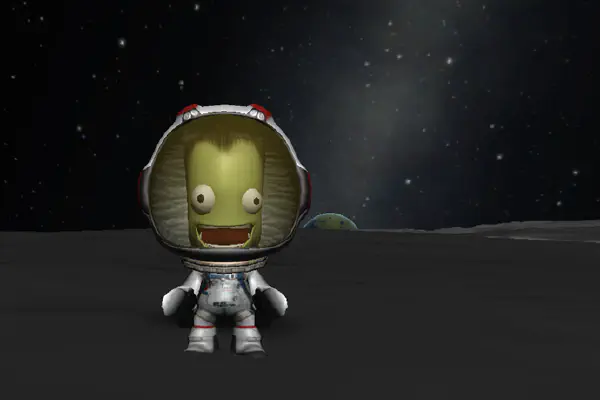
Kerbal Space Program - Asteroid Redirect Mission
Kerbal Space Program -- KSP for short – is an incredibly addictive game about… Space exploration! In the game, you are in charge of the space program on planet Kerbin. Kerbin is located in a solar system quite similar to our own solar system, with a few differences. I’ve been playing this game for a few months, and finally decided to write a blog post about my experiences and thoughts.